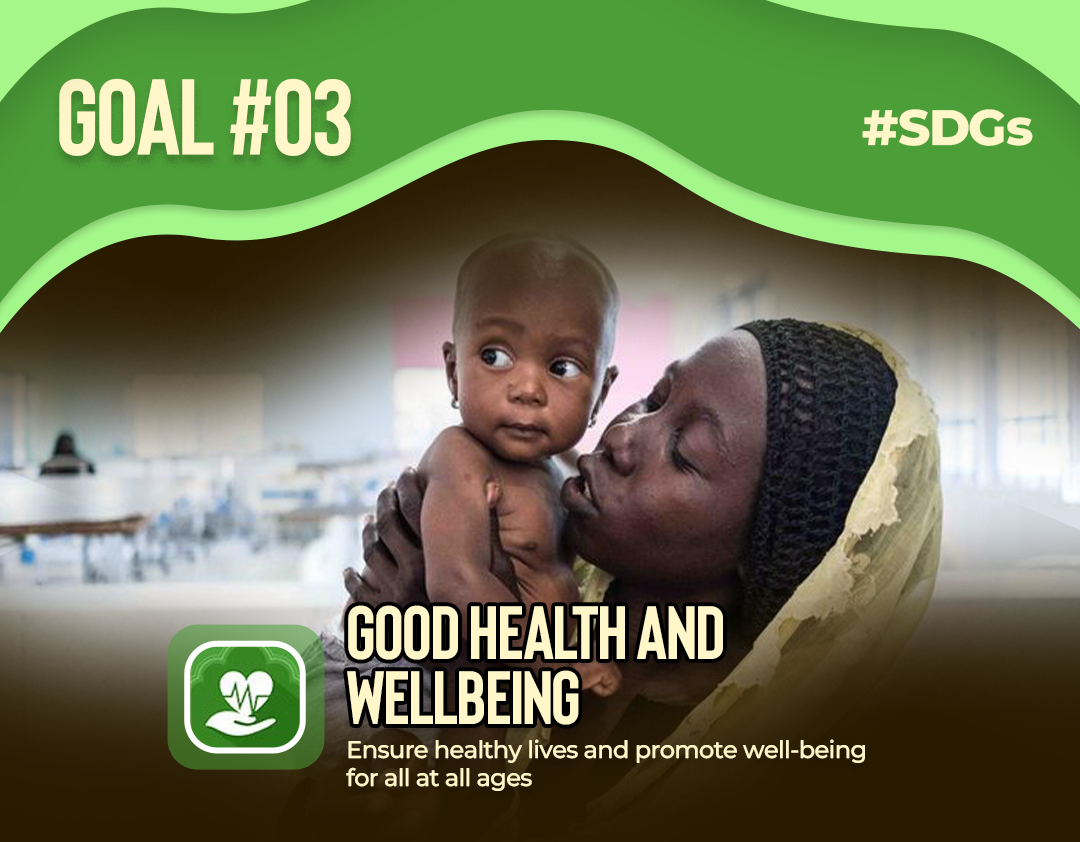Advancing Toward a Hepatitis C-Free World: Emerging Therapies, Persistent Challenges, and Future Prospects
Authors: ENITAN Samson , Iduh Unata, ASEKUN-OLARINMOYE Ifeoluwapo , Itodo Grace Eleojo
Journal: Avicenna J Clin Microbiol Infect
ISSN Number:
0
Downloads
111
Views

